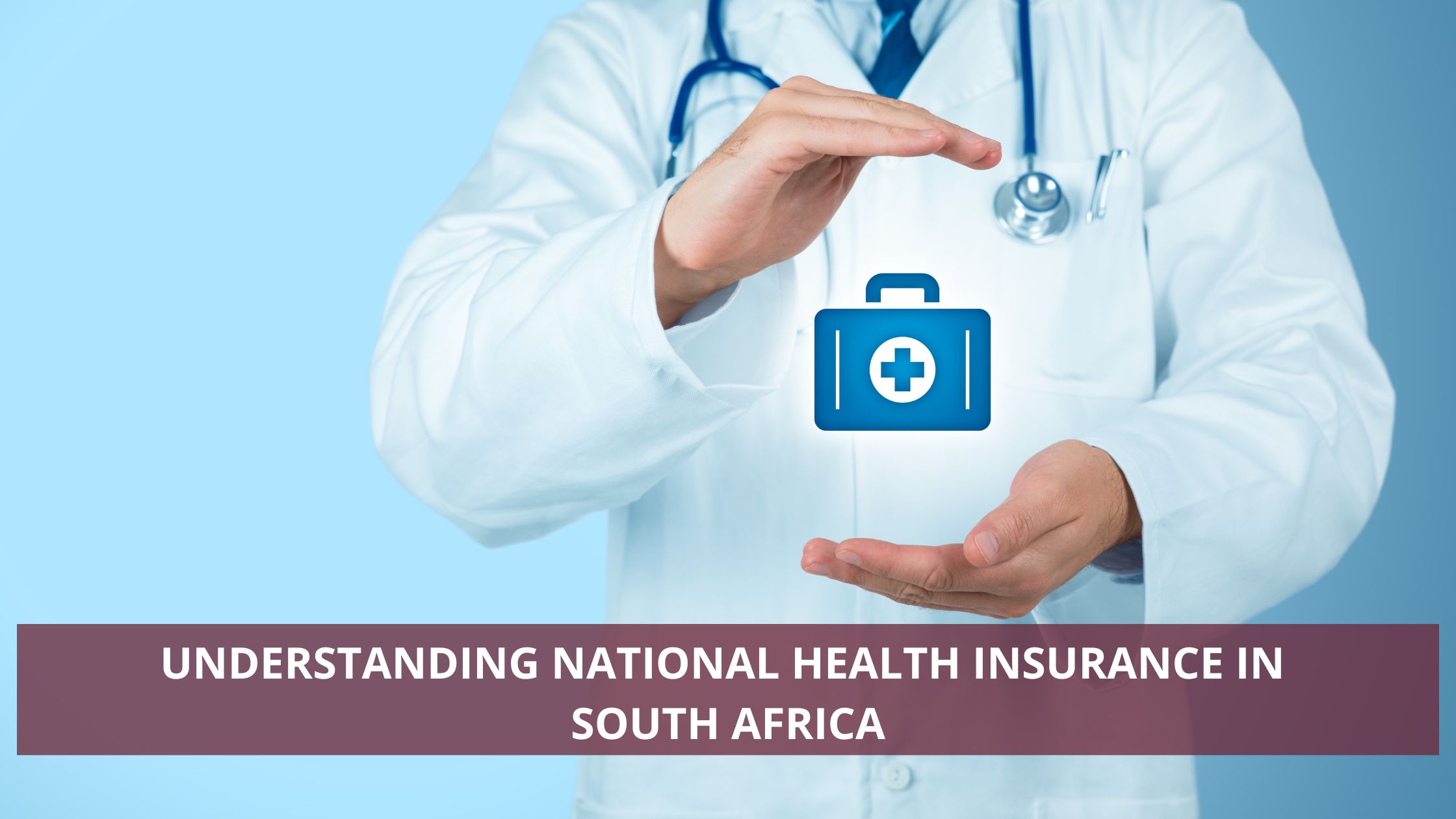South Africa’s National Assembly approved the introduction of National Health Insurance (NHI) on 13 June 2023. Glopin Healthcare Consultants remain committed to keeping members up to-date and informed and will continue to follow the progress and changes of the NHI Bill that might impact our members.
Whilst we understand that the objective of the NHI Bill is to provide universal access to quality health care for all South Africans as enshrined in the Constitution, many concerns remain. This is evident because the NHI Bill in its current form, was passed in Parliament without considering the numerous objections by many role players in South Africa.
Glopin Healthcare Consultants has summarised a few key points below to help keep members informed. This is a brief overview of a continuously progressing matter. We will continue to keep members informed, and should you have any concerns or queries please do not hesitate to contact us.
What we know so far:
Purpose:
The NHI bill is a tool to achieve universal health coverage. To provide access to quality health services for all South Africans based on their health needs irrespective of their socio-economic status.
Funding:
The system is designed to be funded by general taxation, eliminating direct, out-of-pocket payments at the point of care. Questions about the financial feasibility of the NHI have been raised. Though it is premised on tax-based funding, the precise details of this model remain unclear.
The NHI will be a mandatory state-run medical aid. All South Africans who have the ability to pay will be expected to contribute to the fund, whether they are medical aid members or not.
Services provided:
The NHI benefits provided will cover preventive, promotive, curative, and rehabilitative healthcare services. The emphasis will be on preventing disease and promoting health. NHI is a fund that pays for health care for everyone in South Africa.
How will the NHI affect medical schemes?
A central issue is the future role of private healthcare and medical schemes once the NHI is implemented. The NHI will not replace Medical Aid Schemes, members will be free to continue with their medical schemes if they still wish to. When the NHI is fully implemented, the role of medical schemes will change as they will provide cover for services not reimbursable by the NHI Fund.
Challenges of implementing NHI in South Africa:
A prerequisite for successful universal coverage, as defined by the World Health Organization (WHO), is a strong, efficient, well-run health system that meets priority health needs through people-centred, integrated care.
Therefore, there are several concerns about financing, governance, health workforce, service delivery, information, and research, as well as medical products and technologies.
In conclusion, it is important to emphasize that Glopin Healthcare Consultants does not resist the reasoning behind the Bill in principle and agrees with the notion that the right of access to quality healthcare services in South Africa, is currently disproportionate. However, the numerous objections raised by South African role players first need to be addressed. A clear transitional period and a mutually beneficial working partnership between the NHI and medical schemes should be developed.
The citizens of South Africa would be best served when the public and private sectors work together to elevate the healthcare systems for all.

